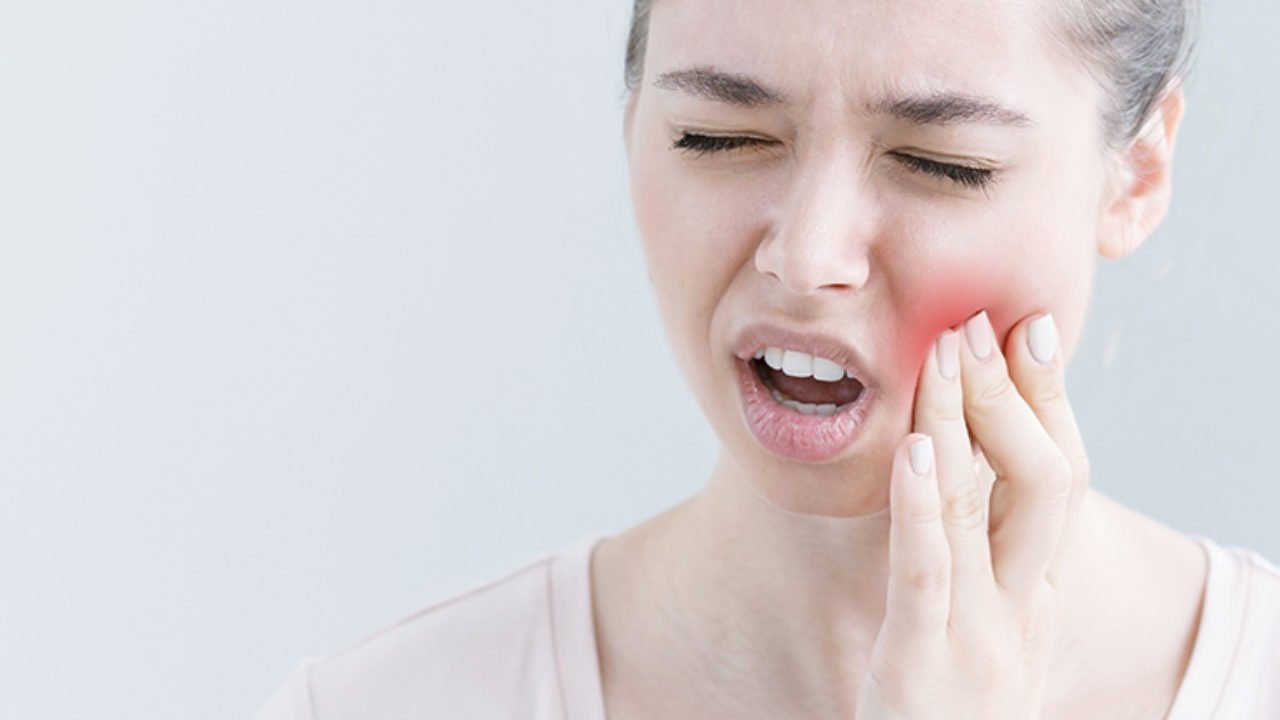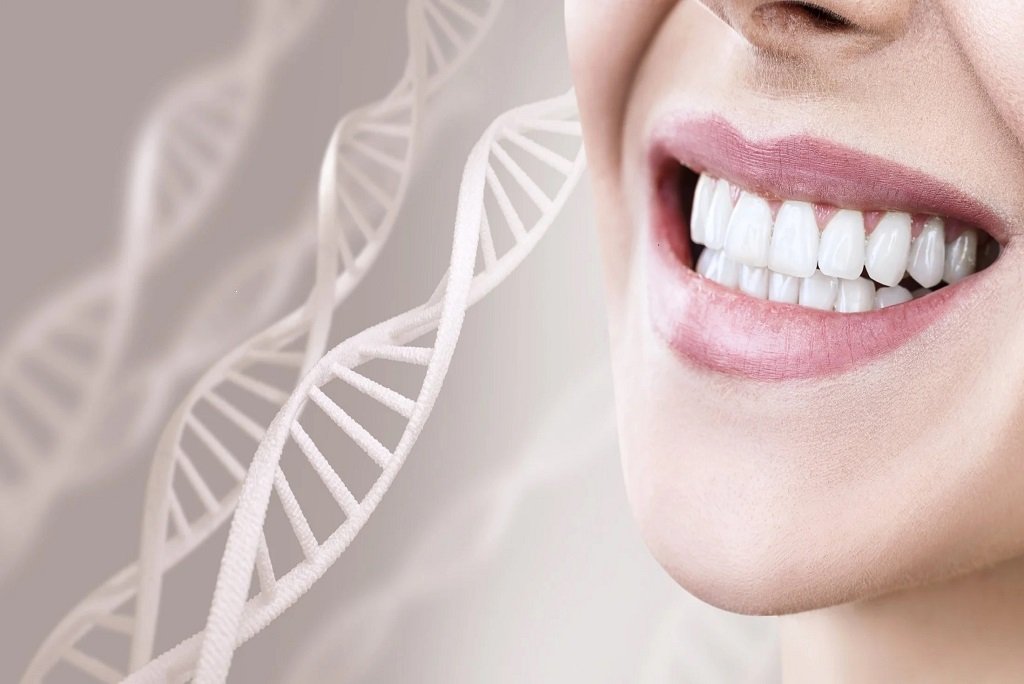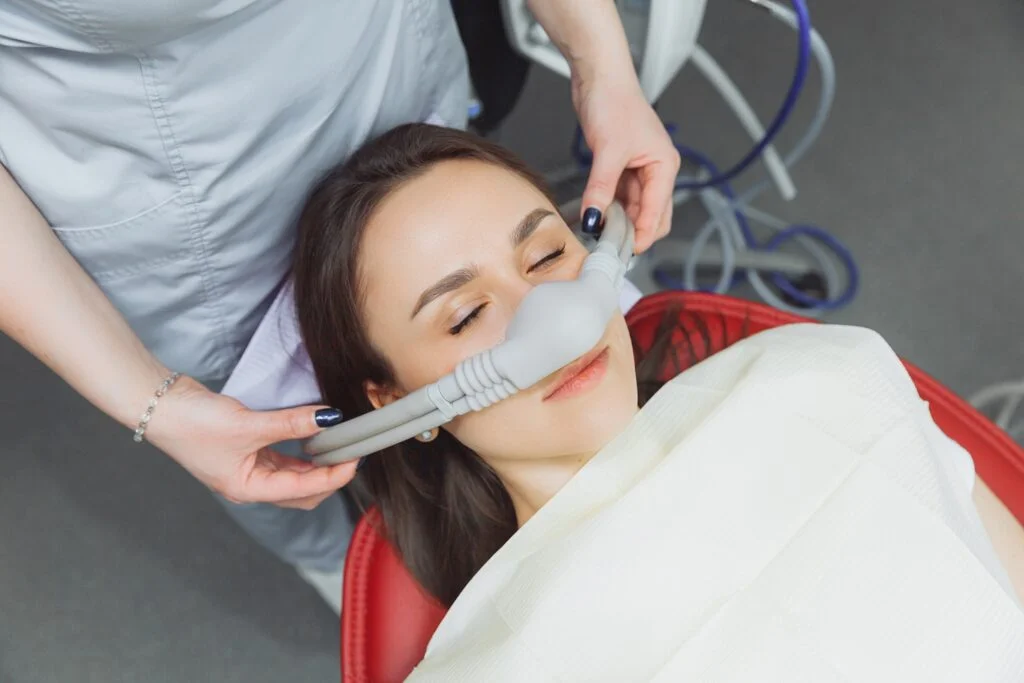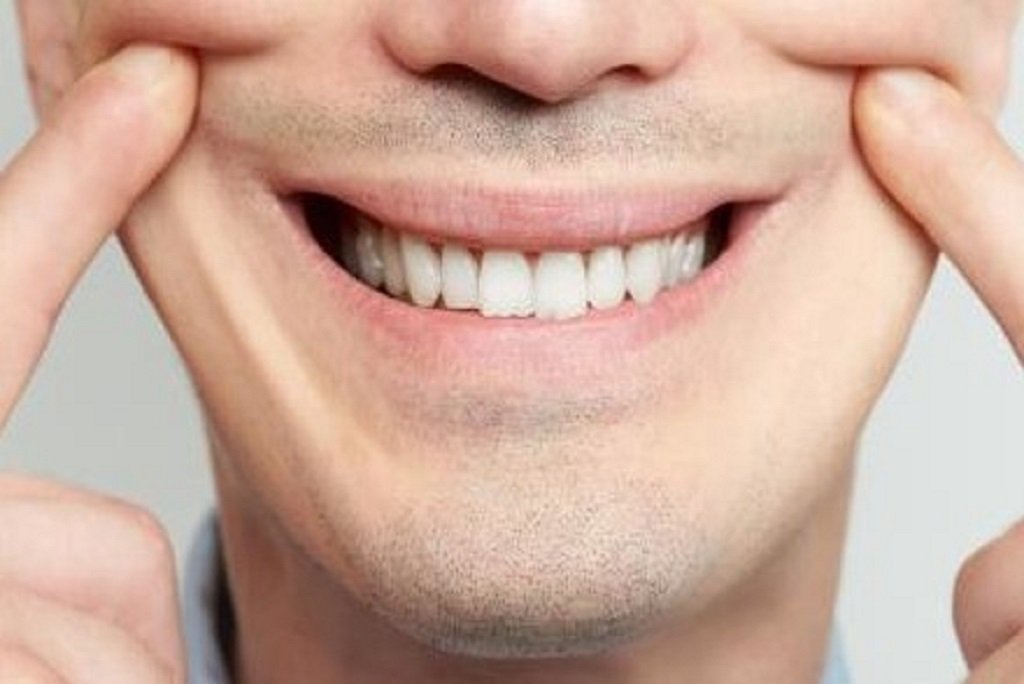Emergency Dental Care: What to Do and How to Prevent Dental Emergencies
Dental emergencies can be sudden, painful, and distressing. Whether it’s a severe toothache or a knocked-out tooth, knowing how to handle these situations can make a significant difference in outcomes. This blog provides essential information on what to do in various dental emergencies and tips on how to prevent them.
Let us discuss common dental emergencies, their preventions and the immediate actions that can be taken to deal with these situations.
TOOTHACHE:
A toothache can manifest as persistent or sharp pain, sensitivity to hot or cold, and swelling around the tooth. When faced with a toothache, start by rinsing your mouth with warm water to clean it out. Use dental floss to remove any trapped food that might be causing the pain. Over-the-counter pain relief medications, such as ibuprofen, can help manage the discomfort. If there is swelling, apply a cold compress to the outside of your cheek. However, avoid placing aspirin directly on the gums near the aching tooth as it can burn the gum tissue. To prevent toothaches, maintain good oral hygiene by brushing and flossing regularly, avoid excessive consumption of sugary foods and drinks, and schedule regular dental check-ups.
| Symptoms |
|
| Immediate Actions |
|
| Prevention Tips |
|
KNOCKED OUT TOOTH:
If you have a knocked-out tooth, handle it carefully by picking it up by the crown (the top), not the root. If the tooth is dirty, rinse it gently with water, but do not scrub or remove any attached tissue fragments. Try to reinsert the tooth into its socket if possible, holding it in place with a clean cloth or gauze. If reinsertion isn’t possible, place the tooth in a container of milk or saliva to keep it moist and seek immediate dental care, as the best chance of saving the tooth is within one hour of the incident. To prevent such incidents, wear a mouthguard when participating in sports, avoid chewing on hard objects like ice or pens, and ensure children do not run with objects in their mouth.
| Immediate Actions |
|
| Prevention Tips |
|
Broken or Chipped Tooth:
If you have a broken or chipped tooth, start by rinsing your mouth with warm water to clean the affected area and remove any debris. Carefully collect and save any broken pieces of the tooth, as your dentist might be able to reattach them. To reduce swelling and alleviate pain, apply a cold compress to the outside of your cheek near the injured area. If you experience significant discomfort, consider taking over-the-counter pain relief medication. It is crucial to visit your dentist as soon as possible to assess the damage and perform necessary repairs to the tooth.
To prevent such incidents in the future, avoid chewing on hard foods and objects, which can cause teeth to crack or break. Additionally, using a mouthguard during physical activities can protect your teeth from unexpected impacts. If you have a habit of grinding your teeth, discuss this with your dentist to find appropriate solutions and prevent potential tooth damage. Taking these preventive measures can help maintain the health and integrity of your teeth.
| Immediate Actions |
|
| Prevention Tips |
|
Abscess:
Experiencing a toothache can be incredibly painful and disruptive. Symptoms such as severe, persistent throbbing pain, sensitivity to hot and cold, fever, and swelling in the face or cheek can indicate a dental issue that requires immediate attention. If you find yourself in this situation, there are some immediate actions you can take to alleviate the discomfort. Start by rinsing your mouth with a mild saltwater solution to help reduce bacteria and inflammation. Avoid putting pressure on the affected tooth by refraining from chewing on that side. Over-the-counter pain relief medications can also provide temporary relief until you can see a dentist. Remember, seeking prompt dental care is crucial as untreated abscesses can lead to serious infections. To prevent toothaches and other dental problems in the future, it's essential to maintain good oral hygiene practices, treat cavities and gum issues promptly, and schedule regular dental check-ups to catch any potential issues early on. By taking these preventive measures and addressing dental concerns promptly, you can help ensure a healthier, pain-free smile.
| Symptoms |
|
| Immediate Actions |
|
| Prevention Tips |
|
Lost Filling or Crown:
When faced with the sudden dislodgement of a crown, it's imperative to act swiftly and efficiently. Begin by carefully preserving the fallen crown and promptly contacting your dentist. In the interim, a temporary solution can be found in dental cement, readily available at pharmacies, which can be used to reattach the crown or shield the exposed tooth. However, this should only serve as a stopgap measure until you can see your dentist for a permanent solution. Furthermore, to proactively prevent such mishaps, it's advisable to steer clear of hard or sticky foods that could potentially dislodge fillings and crowns. Additionally, maintaining a consistent regimen of oral hygiene is paramount, as it helps deter decay around fillings and crowns. Regular dental visits play a crucial role in this preventive approach, enabling timely inspections to ensure the structural integrity of fillings and crowns, thus averting potential emergencies.
| Immediate Actions |
|
| Prevention Tips |
|
| General Tips for Preventing Dental Emergencies | |
|---|---|
| Regular Dental Check-ups: | Catch problems early with routine visits to your dentist. |
| Proper Oral Hygiene: | Brush twice daily and floss to prevent cavities and gum disease. |
| Mouthguards: | Wear during sports and activities to avoid dental injuries. |
| Healthy Diet: | Limit sugary and acidic foods to protect enamel and prevent cavities. |
| Avoid Bad Habits: | Refrain from using teeth as tools and chewing on hard objects. |
Conclusion:
Dental emergencies can be alarming, but knowing how to respond quickly and effectively can save your teeth and reduce pain. Prevention is always better than cure, so maintain good oral hygiene, protect your teeth during activities, and visit your dentist regularly. If you find yourself facing a dental emergency, follow the steps outlined above and seek professional dental care immediately.












